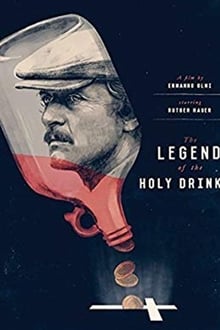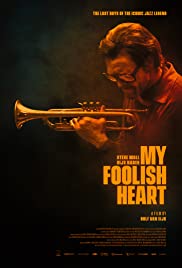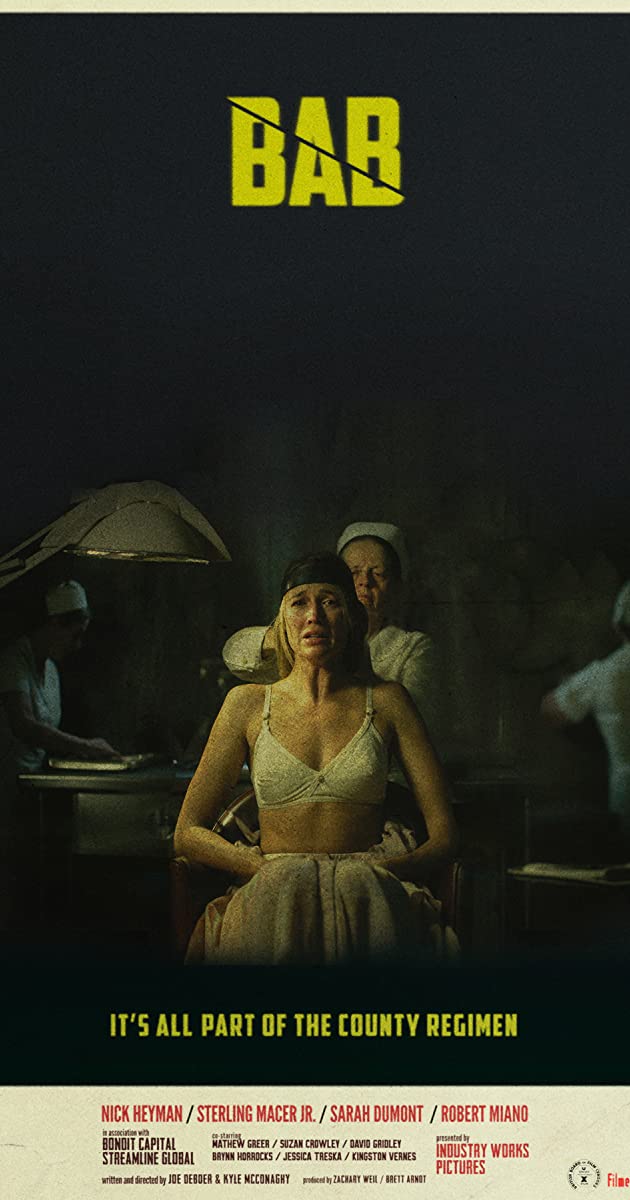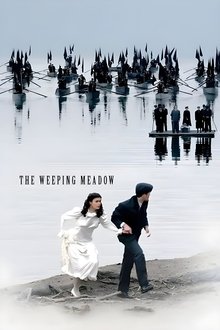
La leggenda del santo bevitore (literally “The legend of the holy drinker”) is a 1988 Italian film directed by Ermanno Olmi. It tells the story of a drunken homeless man (played by Rutger Hauer) in Paris who is lent 200 francs by a stranger as long as he promises to repay it to a local church when he can afford to; the film depicts the man’s constant frustrations as he attempts to do so. The film won the Golden Lion at the Venice Film Festival. It is based on the 1939 novella by the Austrian novelist, Joseph Roth.
You May Also Like

From the survivors of the Aurora Colorado Batman Movie Theater and Columbine mass shootings, a powerful and inspirational movie about the events and about hope.

When in 1941 Nazi Germany invaded the Soviet Union, their troops quickly besieged Leningrad. Foreign journalists are evacuated but one of them, Kate Davies, is presumed dead and misses the plane. Alone in the city she is helped by Nina Tsvetnova a young and idealist police officer and together they will fight for their own survival and the survival of the people in the besieged Leningrad.

The last day of legendary jazz trumpeter Chet Baker.

During a fleeting return trip to his childhood home, a budding filmmaker is confronted by the now-grown ensemble of his old hometown friends – none of whom are aware that he intends to make his fortune off the shared childhood trauma that splintered them apart all those years ago. During an alcohol-fueled weekend of reminiscence and regret, the eccentric 20-somethings open old wounds, make new mistakes, and realize that the consequences of youth can follow you into adulthood.

In a dying 1950’s town, a mysterious traveler propositions a young farmhand, Donnie, to help take down the town’s tyrannical leader in exchange for the release of Donnie’s mother from a primitive mind rehabilitation center.

A woman mysteriously wakes up in a hotel handcuffed to a firefighter to find messages they left themselves the night before revealing that their lives are in danger.

The first part of an incomplete trilogy telling the story of the greek people. The film begins in 1919, with Greek immigrants from Odessa arriving near Thessaloniki. Led by the charismatic Spyros, they establish a new settlement in the delta of a river. The youngest of the settlers are Spyros’ son Alexis and an orphan from Odessa, Eleni. A strong, almost incestuous affection develops between the teenagers, resulting in twins who are given to a foster family. Also standing in the way of love is Spyros, determined to take his foster daughter as his wife. The lovers then decide to flee the village, persecuted by their father, leading a life of exile. As Alexis joins a group of musicians planning to go to the United States, Eleni regains custody of the twins. Angelopoulos, as in previous films, looks at the sacrifice of civilians confronted by the workers’ demonstrations of 1935, the rule of Metaxas’ fascist junta and forced emigration to America, and finally the civil war of 1944-1949.


On the eve of his eviction, Ian’s home becomes invaded by Clarke, an unscrupulous gardener who recounts the events of his failed marriage in an attempt to bring closure to Ian’s prior engagement that failed to go the distance.

Yokiro was the most successful Geisha house in Western Japan during the first half of the 20th century and remains open to this day. At its peak, it was home to over 200 geisha, however behind the fabulous facade, there were many battles – between family members, men and women, and with the Yakuza. Momokawa was sold to Yokiro at age 12, and despite being the top geisha, her many complicated relationships provide unending challenges throughout her glamorous but turbulent life.